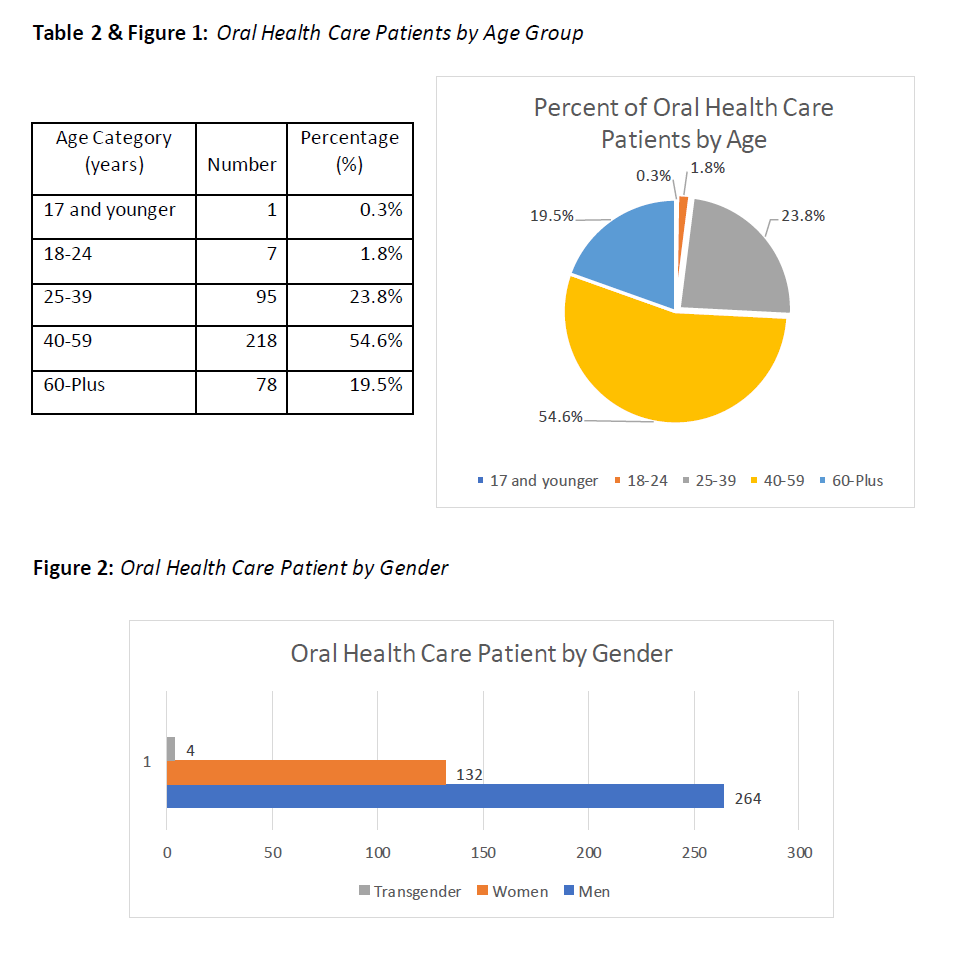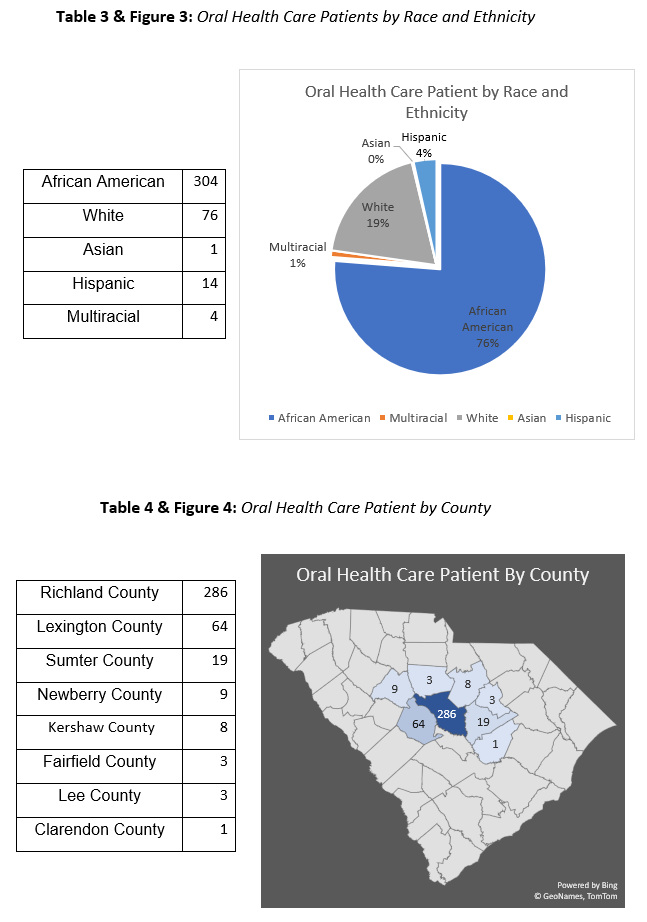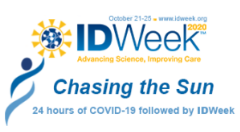Category: HIV: Treatment
Poster Session: HIV: Treatment
1013 - Enhanced Oral Health Care Services for PLWHA - Midlands Region, South Carolina
- CB
Christina M. Baello
Dental Service Coordinator
University of South Carolina Medical Group - Prisma
columbia, South CarolinaDisclosure: I do not have any relevant financial / non-financial relationships with any proprietary interests.
- DA
Divya Ahuja
Associate Professor of Clinical Medicine
University of South Carolina School or Medicine
Columbia, South CarolinaDisclosure: I do not have any relevant financial / non-financial relationships with any proprietary interests.
- NF
Norlica Finkley
Ryan White Program Supervisor
Prisma- University of South Carolina, Columbia, SC, USA
Columbia, South CarolinaDisclosure: I do not have any relevant financial / non-financial relationships with any proprietary interests.
- RR
Rajee Rao
Program Director
Prisma- University of South Carolina, Columbia, SC, USA
Columbia, South CarolinaDisclosure: I do not have any relevant financial / non-financial relationships with any proprietary interests.
Co-Author(s)
Presenting Author(s)
Co-Author(s)
Background:
An estimated 58- 64 % of people living with HIV/AIDS (PLWHA) do not receive regular dental care and this gap may be attributed to barriers related to cost, access to dental care, logistical issues, indifference to or fear of dental care.1,2 The Immunology Center at Prisma- University of South Carolina, School of Medicine is a Ryan White funded Part B Program that provides care to > 2400 PLWHA. Based on the perceived barriers, an enhanced oral health care program was implemented in 2018, wherein patients in need of dental care and meeting inclusion criteria are referred to contracted local general dentistry and specialty practices.
Enhancements:
Dedicated Dental Services Coordinator (DSC)
Facilitated transport to and from the dental clinic
Annual budget of $2700 per patient
Access to dental specialties (oral and maxillofacial surgery)
Restorative services (crowns, dentures and root canals)
Program Goals: The ultimate goal of the oral health care program is to provide biannual dental prophylaxis and expanded restorative services to PLWHA.
Inclusion criteria for referrals:
1. Virological suppression over 6 months. (HIV Viral Load < 200 c/mL)
2. Adherence with HIV clinic appointments.
Midlands Region, South Carolina
Methods:
The DSC completes the following: monitoring of referrals, patient compliance to program inclusion criteria, linkage to dental care, payments for dental services, and coordination with case management.
Results:
Between 2018 and 2019, 535 patients were referred to the oral health care program. Almost 75% (399) completed at least one dental clinic visit. The average number of visits for patients from their enrollment date (2018-2019) to December 2019 was 1.56, with an average of 8.08 services, and 1.13 prophylaxis visits with their oral health care provider. Patients were predominantly African American and male but were spread across a wide age spectrum and 8 counties. Nearly 94% of patients remained virologically suppressed during their oral health care treatment.Table 1: 2018-2019 Program Summary of Oral Health Care Table 2 & Figure 1: Oral Health Care Patients by Age Group, Figure 2: Oral Health Care Patient by Gender
Table 2 & Figure 1: Oral Health Care Patients by Age Group, Figure 2: Oral Health Care Patient by Gender Table 3 & Figure 3: Oral Health Care Patients by Race and Ethnicity, Table 4 & Figure 4: Oral Health Care Patient by County
Table 3 & Figure 3: Oral Health Care Patients by Race and Ethnicity, Table 4 & Figure 4: Oral Health Care Patient by County
Conclusion: PLWHA have high rates of unmet oral health care needs and low utilization of oral health services. Adequate resources and coordination of care with local dentists can overcome traditional barriers and improve access to dental care.Abstract References

